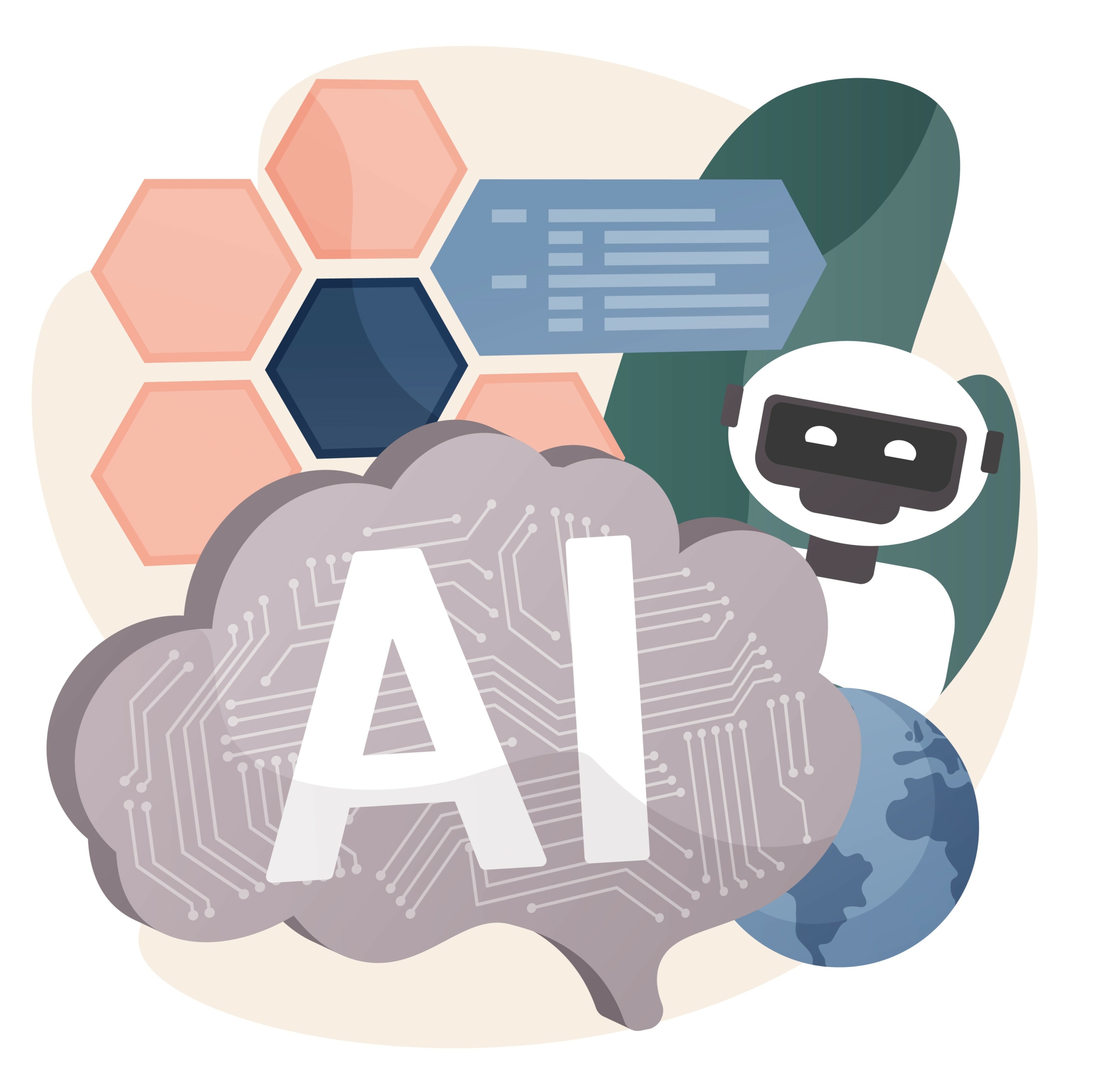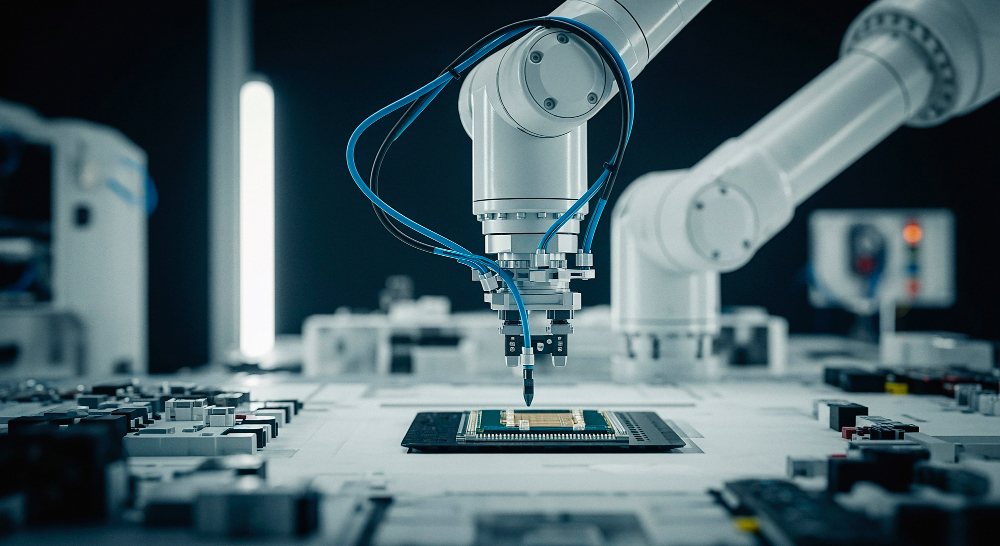The European Commission has proposed a significant overhaul of environmental rules, potentially exempting datacentres, AI facilities, and affordable housing from mandatory impact assessments.
Member states would retain discretion over whether such projects require full environmental scrutiny, as part of a broader plan to expedite permitting and reduce reporting obligations for businesses.
The package also repeals a hazardous chemical database, eases polluter obligations, and moves environmental management rules from individual plants to whole companies. The commission states that the changes could save firms €1 billion annually, but green groups warn of potential costs to health and biodiversity.
The proposals align with plans to modernise the EU electricity grid and new climate targets to reduce emissions by 90% compared to 1990. Experts have cautioned that loopholes allowing international carbon credits could weaken domestic emissions reductions.
Corporate sustainability laws are also being scaled back. The revised rules limit the number of companies covered, postpone compliance deadlines to 2029, and remove obligations to implement climate transition plans.
Business lobby groups have welcomed the changes as a more realistic approach to corporate social responsibility and due diligence.
Would you like to learn more about AI, tech and digital diplomacy? If so, ask our Diplo chatbot!










